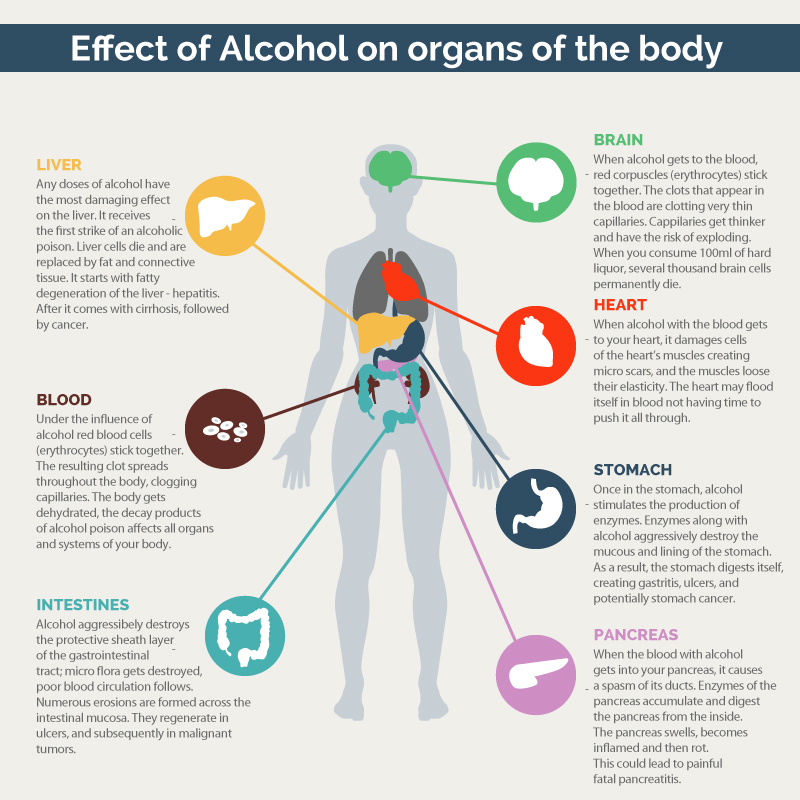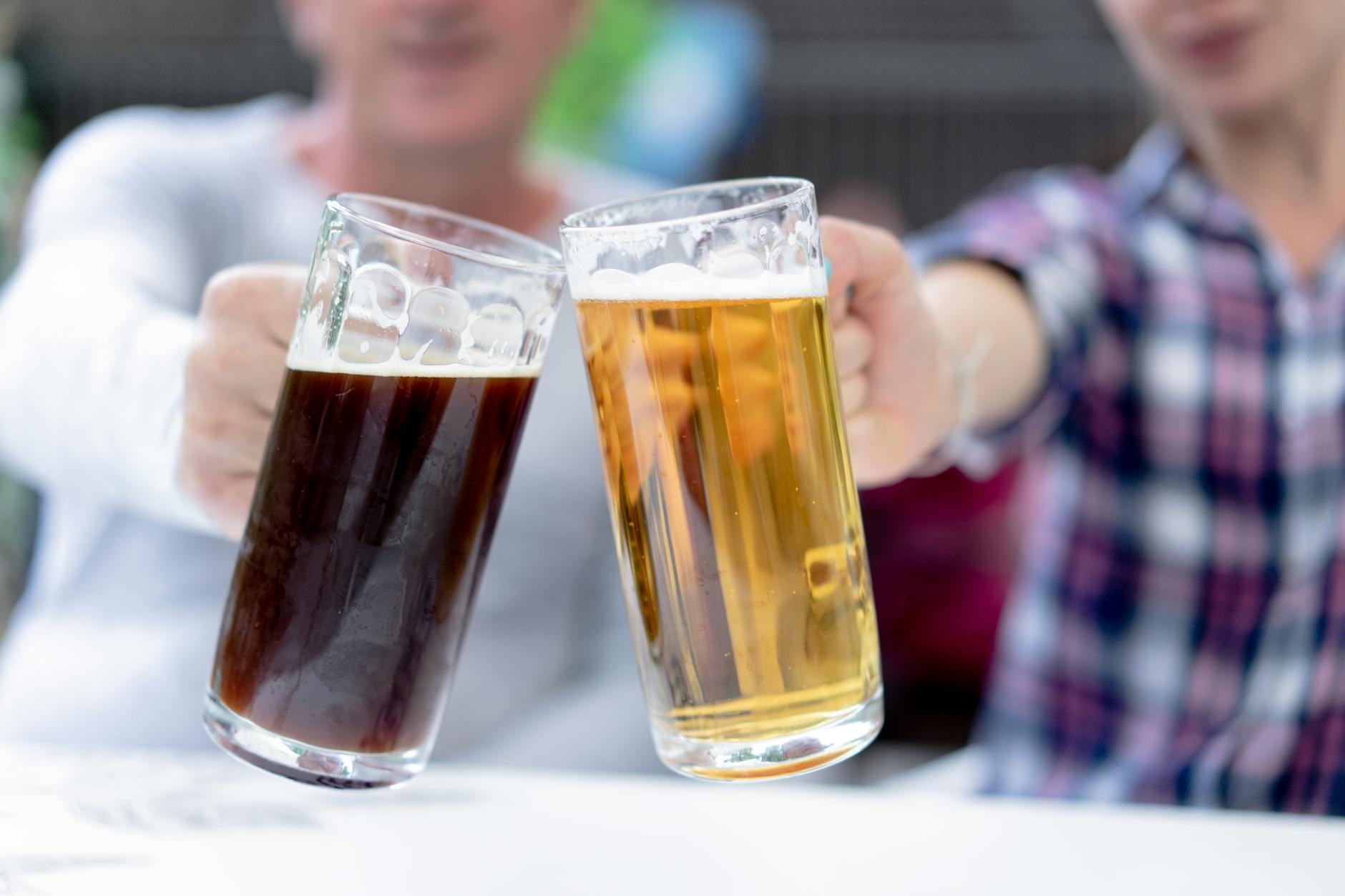Uncover the surprising factors that can affect how drunk you get from drinking beer – you won’t believe number 7!
Table of Contents
Alcohol consumption is a widely practiced social activity enjoyed by many individuals around the world. Whether it’s a casual gathering with friends or a celebratory event, the effects of alcohol on the body can vary greatly from person to person. One common question that often arises is, “How many beers does it take to get drunk?” In this blog post, we will dive deep into the science behind alcohol metabolism, individual tolerance levels, and various factors that can influence intoxication levels.
Understanding Alcohol Metabolism
When you consume alcohol, it goes through a complex process of metabolism within the body. The liver plays a crucial role in breaking down alcohol into acetaldehyde, a toxic byproduct, which is then further metabolized into acetate. This process is controlled by enzymes in the liver, such as alcohol dehydrogenase and aldehyde dehydrogenase. The rate at which the liver can metabolize alcohol varies from person to person and can be influenced by factors such as age, weight, and gender.
Individual Tolerance Levels
Tolerance refers to an individual’s ability to consume alcohol without feeling the effects of intoxication. Factors such as genetics and regular alcohol consumption can play a role in determining a person’s tolerance level. Over time, frequent alcohol consumption can lead to an increase in tolerance, meaning that more alcohol may be needed to achieve the same level of intoxication. However, developing a high tolerance can also increase the risk of alcohol dependence and other health issues.
Factors Influencing Intoxication
Aside from tolerance, there are several other factors that can influence how quickly a person gets drunk from consuming alcohol. Genetics can play a significant role in determining how well a person can metabolize alcohol, with some individuals possessing enzymes that break down alcohol more efficiently than others. Medications can also impact intoxication levels, as certain drugs can interact with alcohol and intensify its effects.

Image courtesy of www.csuchico.edu via Google Images
Furthermore, food consumption can play a role in how alcohol is absorbed into the body. Eating a meal before consuming alcohol can slow down the rate of absorption and potentially reduce intoxication levels. It’s important to pace yourself while drinking and stay hydrated to help mitigate the effects of alcohol. Knowing your limits and recognizing when to stop can help prevent dangerous levels of intoxication and potential harm to your health.
Conclusion
When it comes to alcohol consumption, it’s essential to be aware of your own limits and prioritize your health and safety. Understanding the science behind alcohol metabolism, individual tolerance levels, and various factors influencing intoxication can help you make informed choices when it comes to drinking. Remember to drink responsibly, pace yourself, and know when to stop before reaching dangerous levels of intoxication. By being mindful of your alcohol consumption, you can enjoy social events and gatherings while prioritizing your well-being.
FAQ
Question 1:
How does alcohol metabolism differ between individuals?
Answer 1:
Alcohol metabolism can vary based on factors such as age, weight, and genetics. Enzymes in the liver play a crucial role in breaking down alcohol into less harmful substances, and individual differences in enzyme activity can impact how quickly alcohol is metabolized.
Question 2:
Can medications affect alcohol intoxication levels?
Answer 2:
Yes, certain medications can interact with alcohol and intensify its effects on the body. It’s essential to consult with a healthcare provider about potential interactions between medications and alcohol to minimize risks and ensure safe consumption.
Question 3:
How does food consumption influence alcohol absorption?
Answer 3:
Eating a meal before drinking alcohol can slow down the absorption rate of alcohol in the body, potentially reducing intoxication levels. Food helps to line the stomach and slows the entry of alcohol into the bloodstream, resulting in a more controlled and gradual increase in blood alcohol content.
Question 4:
What are the dangers of developing a high alcohol tolerance?
Answer 4:
Developing a high tolerance to alcohol can increase the risk of alcohol dependence, as individuals may consume larger amounts to achieve the desired level of intoxication. High tolerance can also lead to health issues and mask the true effects of alcohol on the body, potentially resulting in a higher risk of alcohol-related harm.
Generated by Texta.ai Blog Automation


Leave a Reply